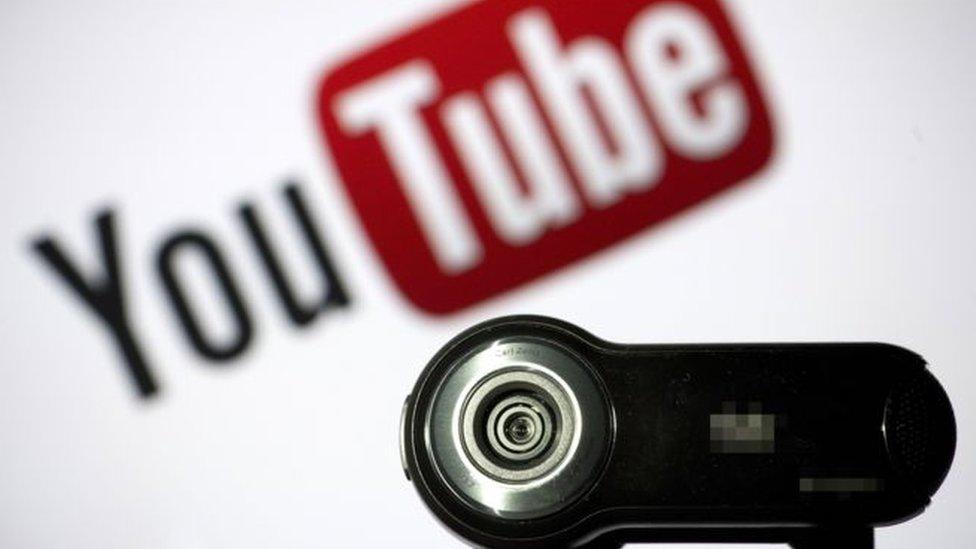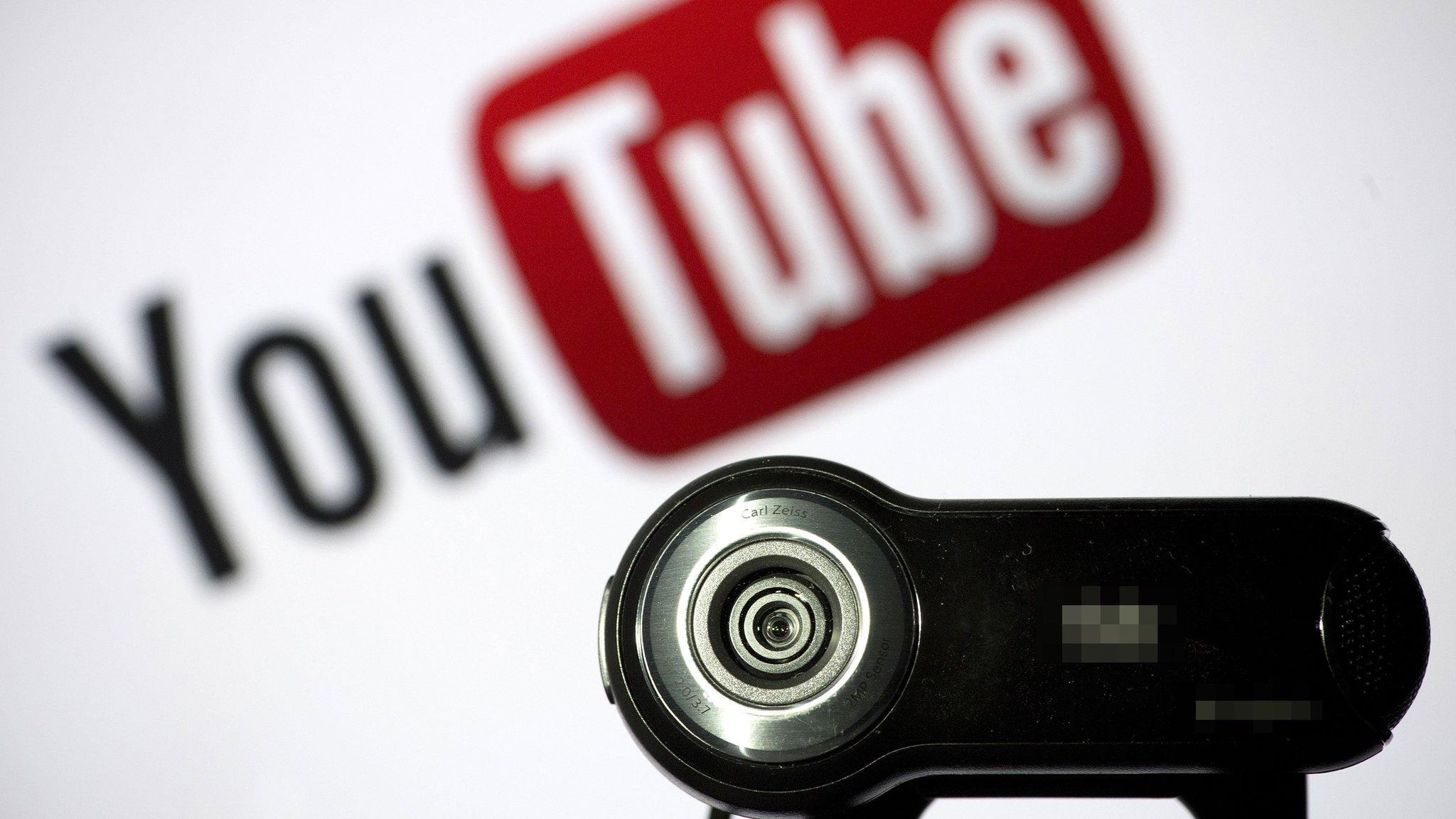Bleach peddled as 'miracle' autism cure on YouTube
- Published

Hundreds of videos that promote bleach as a cure for autism have been discovered on YouTube.
The substance, which is peddled as "Miracle Mineral Solution" (MMS), has reportedly caused dozens of injuries and two deaths in the US.
According to an investigation by technology news site Business Insider, external some appeared in the top three search results for "autism cure".
YouTube removed most of them after they were reported by the publication.
Business Insider journalist Tom Porter said he was "taken aback" by the popularity of some of the videos, which promote MMS as a cure for a range of conditions - including malaria and cancer.
"People who were just looking for broad information on autism or malaria were being pushed these videos," he told the BBC. "It will have been promoted to people who had never heard of it."
He found that the top 20 videos promoting MMS on YouTube had more than 3 million views. Some ran advertisements that linked to pages where users could buy the substance.
YouTube reportedly told Business Insider that it does not proactively search for content that violates its policies, but that it had changed its algorithms to prevent MMS videos from appearing in search results.
"My understanding is that they're not monitoring their own site in order to remove videos which contravene their policies," Mr Porter said.
"Activists I've spoken to say that's not good enough. They have a responsibility to uphold their own policies so they don't broadcast dangerous information to millions of people across the world."
YouTube has faced heavy criticism for surfacing divisive content and conspiracy theories with its algorithms. This January, it published a blog post, external promising to combat recommendations for "borderline content" - a category that includes "videos promoting a phony miracle cure for a serious illness".
"It was just shocking to me that such a clear case of misinformation, that was leading to children being harmed, was allowed to spread so freely, and that they were able to exploit this platform so effectively," Mr Porter said.
In response, YouTube told the BBC: "Misinformation is a difficult challenge and any misinformation on medical topics is especially concerning."
"We've taken a number of steps to address this including surfacing more authoritative content across our site for people searching for related topics on YouTube."
- Published18 February 2019

- Published14 March 2018
